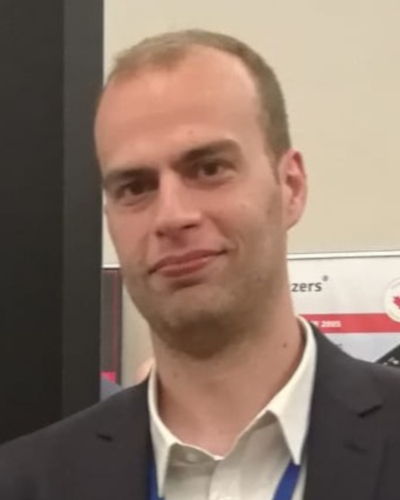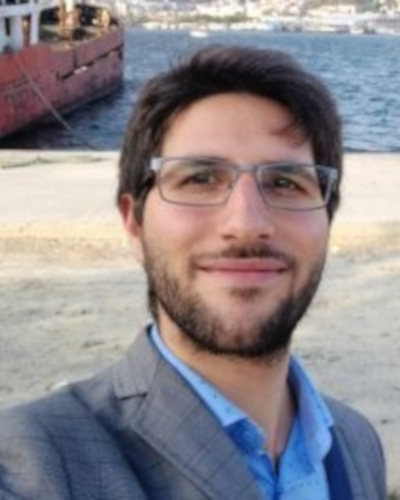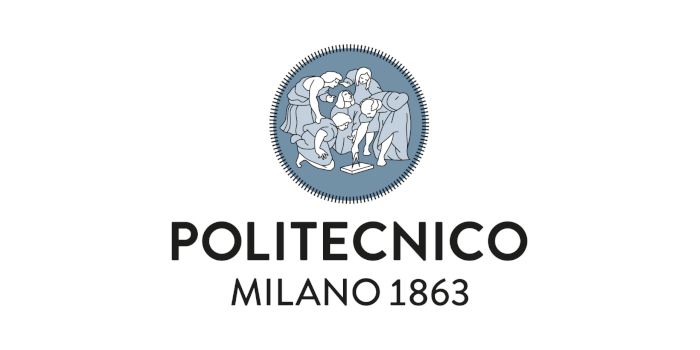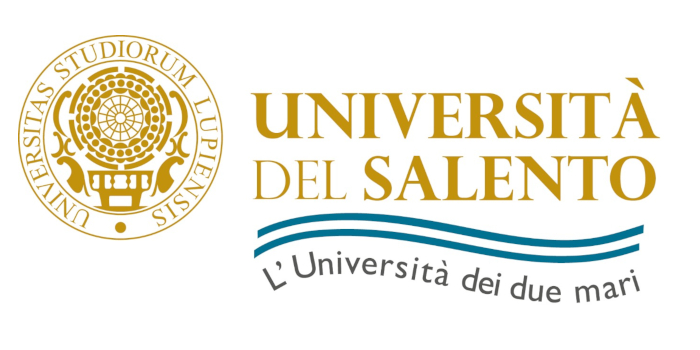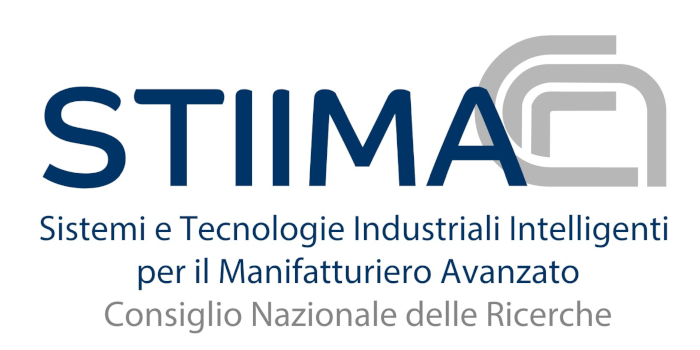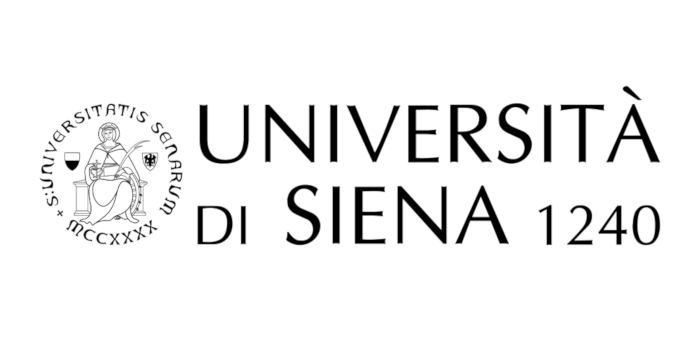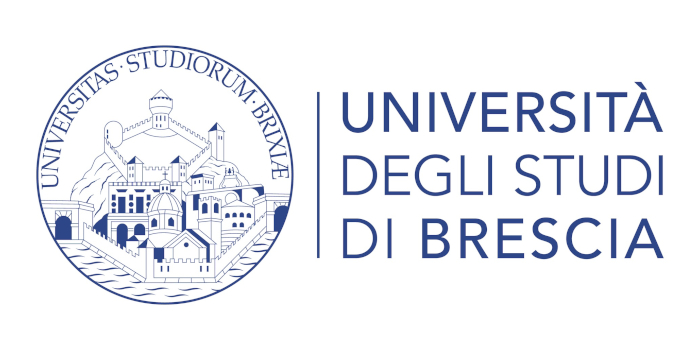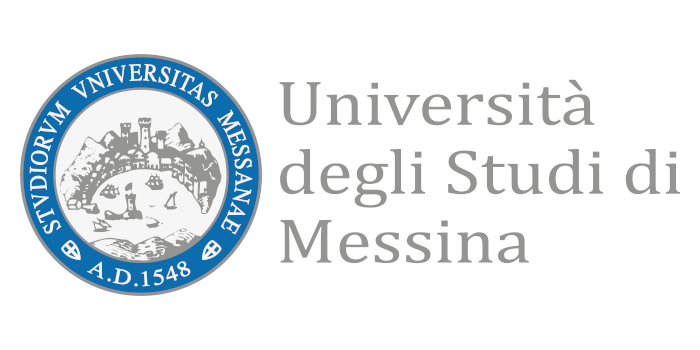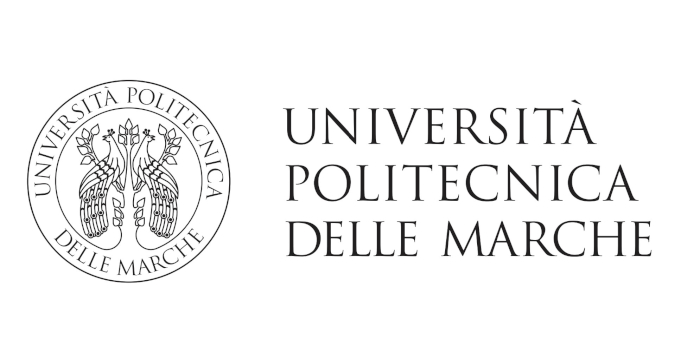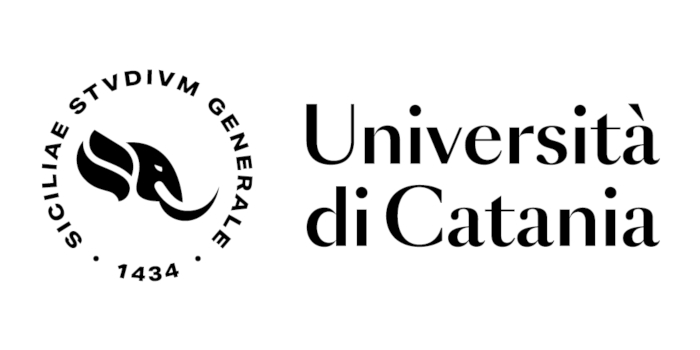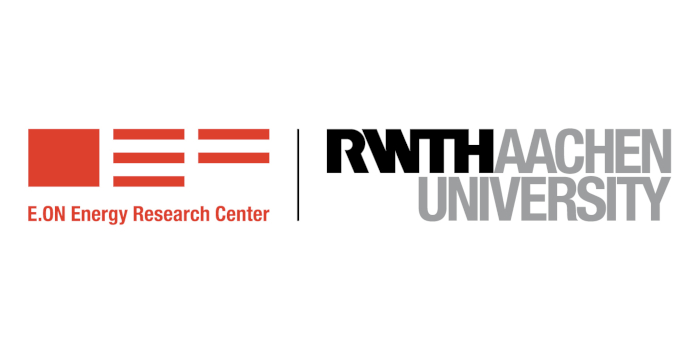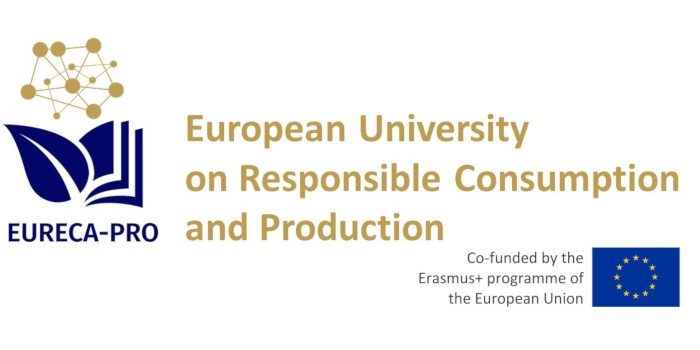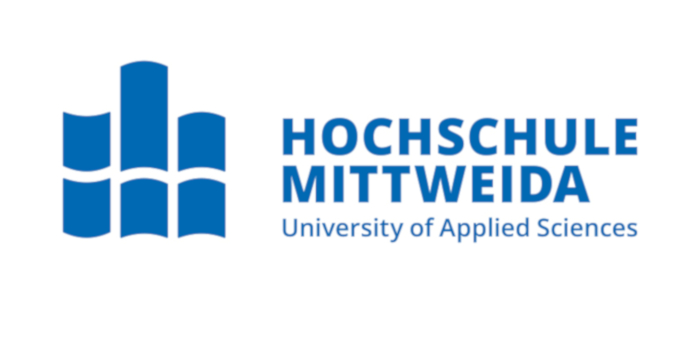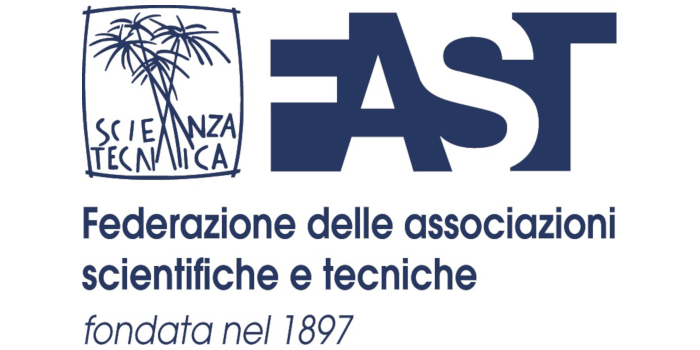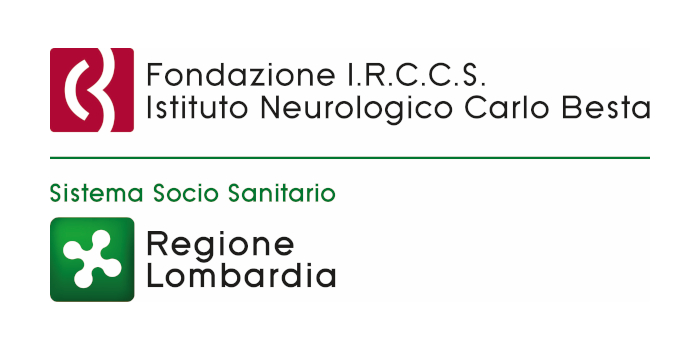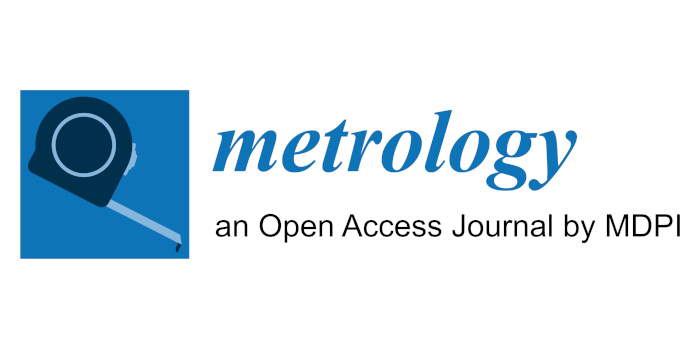SPECIAL SESSION #5
Metrology and AI: how well they can get along?
ORGANIZED BY
Marco Scarpetta
Polytechnic University of Bari, Italy
Mattia Alessandro Ragolia
Polytechnic University of Bari, Italy
Nicola Giaquinto
Polytechnic University of Bari, Italy
ABSTRACT
This special session aims to bring together experts in the fields of metrology and AI, to discuss the challenges in using AI for making measurements. These measurements can pertain to physical quantities, such as length, mass, and temperature, as well as non-physical properties, like the success rate of software systems or the accuracy of recommendations made by AI algorithms.
Presenters and attendees of the special session will have the opportunity to discuss the problems in developing robust and verifiable AI-based measurement methods. Moreover, the aim would be to showcase the potential of AI to make "impossible" measurements and to raise awareness about the importance of good metrological practices in AI-based measurement methods. Therefore, the special session would foster collaborations and networking opportunities among specialists in metrology / AI / both.
MAIN TOPICS
The session will focus on topics such as:
- AI in measurements with an uncertainty assessment
- AI for making measurements unreachable with non-AI methods
- Combining AI with traditional metrology techniques, for improving measurement accuracy and/or efficiency
- Addressing the scientific and societal implications of using AI in metrology
ABOUT THE ORGANIZERS
Marco Scarpetta, Ph.D. in Electrical and Information Engineering, is a research fellow at the Polytechnic University of Bari, where he works with the Electrical and Electronic Measurements Group. He has been engaged in research projects involving AI, system identification, and measurements since 2018. He has developed measurement methods using dataset of various dimensionality, ranging from multispectral images to TDR voltages, with applications in personal identification, leak localization, environmental and biomedical measurements. His research interests include signal processing and AI methods for measurements, sensor design and characterization, and sensing techniques. He is a me mber of the Italian Group of Electrical and Electronic Measurements (GMEE).
Mattia Alessandro Ragolia, Ph.D. in Electrical and Information Engineering, is a research fellow at the Polytechnic University of Bari, where he works with the Electrical and Electronic Measurements Group. Since 2018, he has been involved in research projects in the field of electromagnetic tracking for surgical navigation. His current research interests include metrological characterization of sensors and data acquisition systems, with special regards to ion-sensors and electromagnetic tracking systems for surgical navigation, and strain and level 3D-printed sensors. M. A. Ragolia is a member of the Italian Association “Electrical and Electronic Measur ements Group” (GMEE).
Nicola Giaquinto, Ph.D. in Electronic Engineering, is a full professor of Electrical and Electronic Measurements at the Polytechnic University of Bari. His research focuses on using machine learning for measurements, evaluating and handling measurements uncertainty, applying linear, nonlinear, and statistical methods for measurement and estimation, and designing and characterizing sensors. His work has been applied in various fields including agriculture, medicine, transportation, industrial process control, electronics and telecommunications, standardization. He is a member of the IEEE Instrumentation and Measurement Society and the Italian Group of Electrical and Electronic Meas urements (GMEE).


